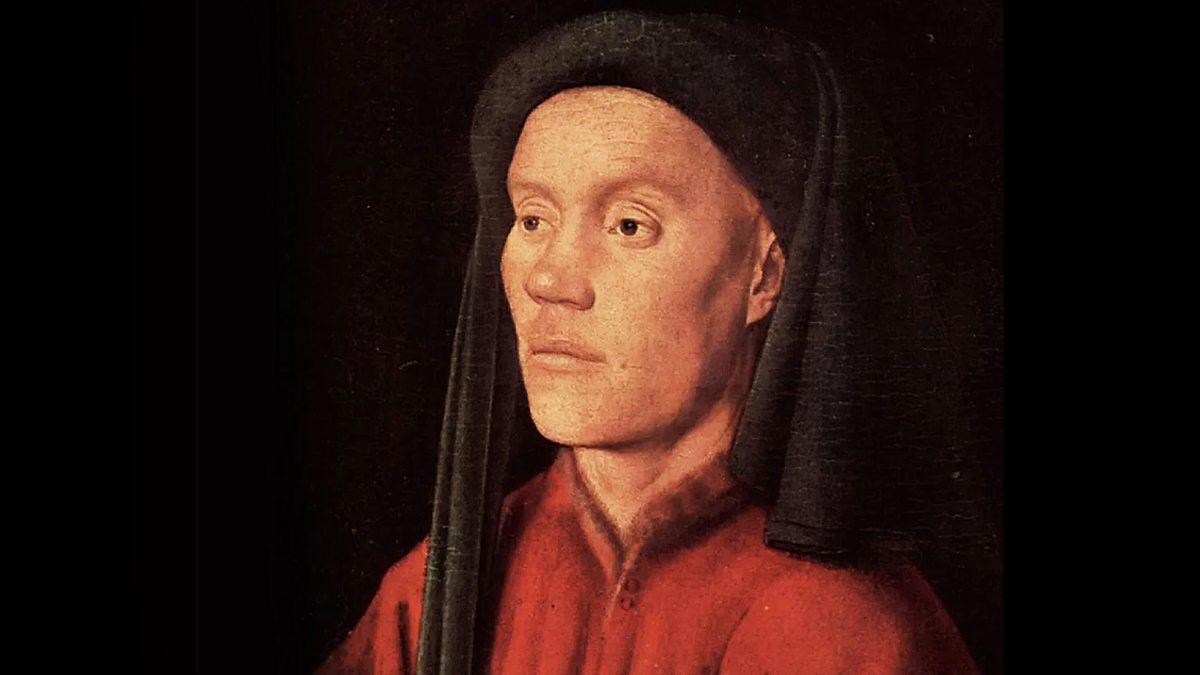Monday
St. Anthony of Padua Mass – Kyrie: The Binchois Consort , Andrew Kirkman, conductor
Ce jour de l’an: Bernhard Landauer, counter –tenor, Unicorn Ensemble, Michael Posch, director
St. Anthony of Padua Mass – Gloria: The Binchois Consort
Quel fronte signorillo: C’est bien raison de devoir essaucier, La Reverdie
Ave Regina caelorum: The Orlando Consort
Missa ave regina caelorum – Sanctus, Agnus Dei: Cantica Symphonia: Giuseppe Maletto, director
St. Anthony of Padua Mass – Kyrie: The Binchois Consort , Andrew Kirkman, conductor
Ce jour de l’an: Bernhard Landauer, counter –tenor, Unicorn Ensemble, Michael Posch, director
St. Anthony of Padua Mass – Gloria: The Binchois Consort
Quel fronte signorillo: C’est bien raison de devoir essaucier, La Reverdie
Ave Regina caelorum: The Orlando Consort
Missa ave regina caelorum – Sanctus, Agnus Dei: Cantica Symphonia: Giuseppe Maletto, director

 - my knowledge of the period covered by Dufay (first half of the 15th century) is pretty scant, stopping at Machaut and resuming with Josquin, and up to now largely dependent on music influenced and inspired by Dufay and others of the period by modernists, particularly Peter Maxwell Davies.
- my knowledge of the period covered by Dufay (first half of the 15th century) is pretty scant, stopping at Machaut and resuming with Josquin, and up to now largely dependent on music influenced and inspired by Dufay and others of the period by modernists, particularly Peter Maxwell Davies.



 )
)
Comment